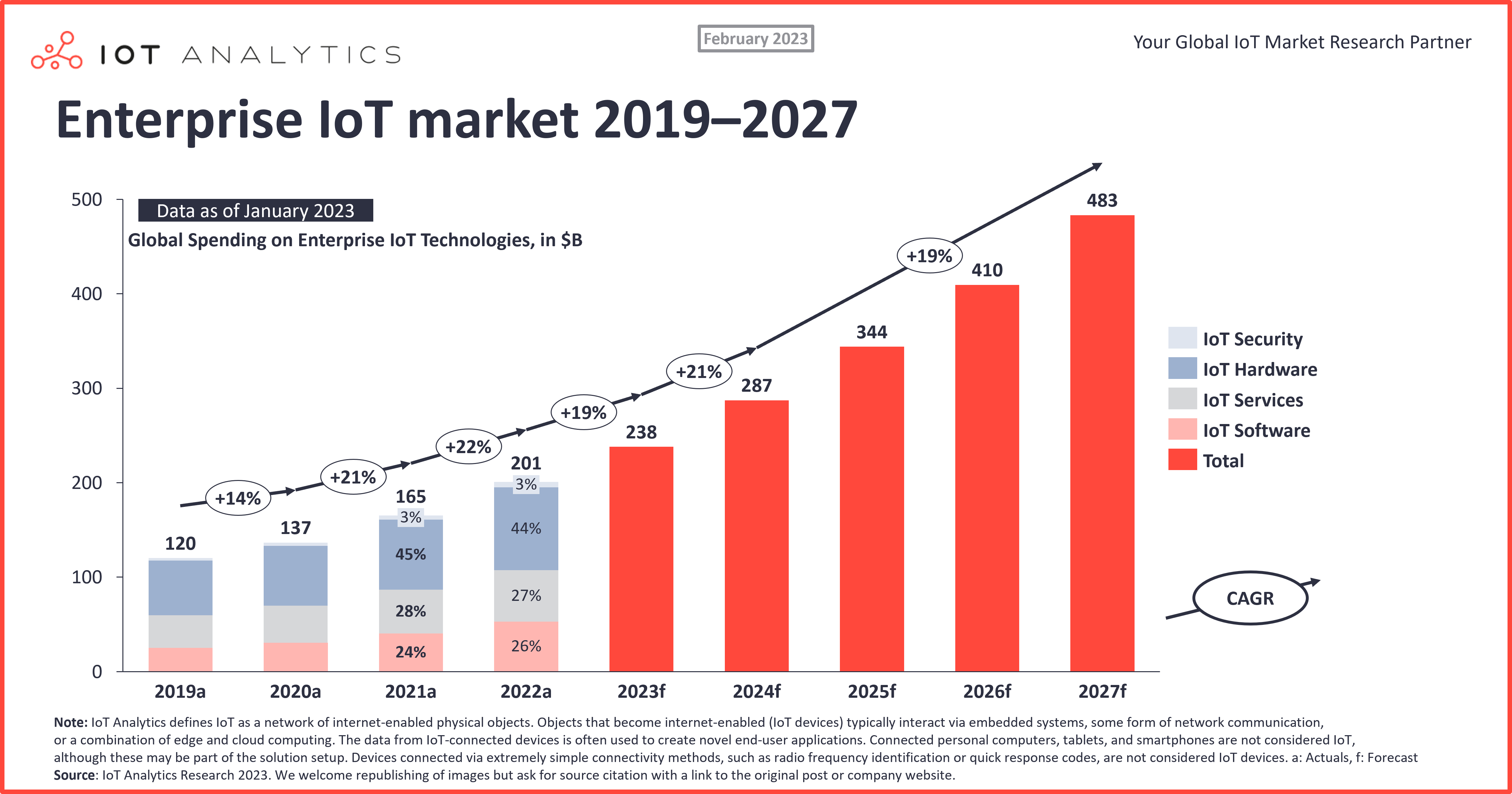The rise of social media and growth of e-commerce have greatly impacted global marketing strategies. These trends have revolutionized how businesses connect with consumers and sell products and services worldwide.
Social media platforms such as Facebook, Instagram, and Twitter have become essential tools for reaching target audiences and building brand awareness. On the other hand, the rapid expansion of e-commerce has transformed the way companies sell and distribute their offerings, allowing them to reach customers in every corner of the globe.
As global marketing continues to evolve, staying abreast of these trends is crucial for businesses looking to stay competitive in today’s digital landscape.

Credit: phrase.com
Digital Transformation
The past decade has witnessed a significant shift to online platforms, with businesses across the globe embracing digital transformation. This transition has revolutionized the way companies operate and engage with their customers. The increasing reliance on online channels for shopping, communication, and entertainment has reshaped the marketing landscape, prompting organizations to reevaluate their strategies and adapt to the evolving digital ecosystem. Moreover, the rise of social media has exerted a profound influence on global marketing practices. Platforms such as Facebook, Instagram, and Twitter have become powerful tools for reaching and engaging with audiences on a global scale, presenting new opportunities and challenges for marketers. The integration of social media into marketing campaigns has become indispensable, allowing brands to connect with consumers in more personalized and impactful ways.
Personalization
In the past decade, personalization has significantly impacted global marketing. Brands now focus on creating customized customer experiences to engage and retain their audience. This trend involves tailoring products and services to individual preferences, enhancing customer satisfaction and loyalty.
Another influential trend is data-driven marketing, which has revolutionized the way businesses understand and target their audience. By leveraging data insights, companies can optimize their marketing strategies, improve customer segmentation, and enhance the overall effectiveness of their campaigns.
Globalization
In the past decade, two significant trends have greatly impacted global marketing. The first trend is the expansion into emerging markets. Companies are increasingly targeting developing countries for business growth. They are focusing on establishing a presence in regions such as Asia, Africa, and Latin America. The second trend is cultural adaptation. Businesses are realizing the importance of adapting their marketing strategies to local cultures. This involves understanding consumer behaviors, traditions, and values in various markets and tailoring products and campaigns accordingly. These two trends have reshaped the global marketing landscape, emphasizing the need for flexibility, innovation, and a deep understanding of diverse markets.

Credit: www.mdpi.com
Sustainability
Environmentally Conscious Practices: In the past decade, the global marketing landscape has been significantly shaped by a growing emphasis on sustainable and environmentally conscious practices. Companies are increasingly adopting eco-friendly measures in their production processes and supply chains. This includes using renewable energy sources, reducing carbon emissions, and minimizing waste generation. Consumers are now more inclined to support brands that demonstrate a commitment to environmental sustainability. As a result, businesses are integrating sustainable practices into their marketing strategies to appeal to this environmentally conscious consumer base.
Social Responsibility Initiatives: Another key trend that has influenced global marketing is the rise of social responsibility initiatives. Organizations are actively engaging in initiatives aimed at addressing social issues and supporting communities. This can involve partnerships with non-profit organizations, charitable donations, or ethical sourcing practices. Consumers are increasingly drawn to brands that demonstrate a genuine commitment to social responsibility, leading companies to incorporate these initiatives into their marketing efforts. As a result, global marketing has been shaped by the growing emphasis on sustainability and social responsibility, reflecting the evolving values of both businesses and consumers.
Technology Integration
Over the past decade, two major trends have significantly impacted global marketing: the rise of social media platforms and the increasing emphasis on data analytics. Technology integration has enabled businesses to reach wider audiences and tailor their strategies based on valuable insights, revolutionizing the marketing landscape.
| AI and Automation | Augmented Reality Marketing |
| The integration of artificial intelligence and automation has revolutionized marketing strategies. | Augmented reality marketing has enhanced customer engagement and brand experiences. |
| AI enables data analysis and personalized targeting for better ROI. | AR campaigns offer interactive elements for immersive storytelling. |
| Automation streamlines workflow processes and campaign management efficiently. | AR technology provides unique selling propositions and competitive advantages. |

Credit: iot-analytics.com
Evolving Consumer Behavior
In the past decade, two trends have significantly influenced global marketing. One of these is the evolving consumer behavior, which has been shaped by the preference for authenticity. Consumers are now more inclined to purchase products that are real, genuine, and honest. This has led to the rise of brands that prioritize transparency and authenticity in their marketing.
The second trend is the increasing demand for ethical brands. Consumers are more concerned about the impact of their purchases on the environment and society. They want to support brands that prioritize sustainability, social responsibility, and ethical practices. This has led to the emergence of eco-friendly and socially responsible brands that cater to the needs and preferences of these consumers.
| Evolving Consumer Behavior | |
|---|---|
| Preference for Authenticity | Consumers prefer products that are real, genuine, and honest |
| Brands that prioritize transparency and authenticity are on the rise | |
| Demand for Ethical Brands | |
| Consumers want to support brands that prioritize sustainability, social responsibility, and ethical practices | |
| Eco-friendly and socially responsible brands are emerging to cater to the needs and preferences of these consumers |
Frequently Asked Questions
What Do Trends In The Past Decade Have Significantly Influenced Global Marketing?
The rise of social media, mobile technology, and data analytics has profoundly impacted global marketing trends in the past decade. These shifts have led to personalized marketing, influencer collaborations, and a focus on customer experience. Additionally, the growth of e-commerce has transformed the way businesses reach and engage with consumers.
What Are The Two Main Components Of The Political And Regulatory Climate Assessment That A Global Company Must Address?
Global companies must address political stability and regulatory compliance in their climate assessment.
What Three Uncontrollable Environmental Variables Affect Global Marketing?
Three uncontrollable environmental variables affecting global marketing are political climate, economic conditions, and cultural differences.
In What Two Ways Do Governments Implement Protectionism Measures?
Governments implement protectionism through tariffs and quotas. Tariffs are taxes on imports, while quotas restrict the quantity of imports.
What Are The Key Trends In Global Marketing?
The key trends are influencer marketing and personalized content strategies.
Conclusion
The past decade has seen a remarkable impact on global marketing due to the rise of social media and the increasing focus on sustainability. These trends have revolutionized how businesses connect with consumers and have highlighted the importance of ethical and environmentally conscious practices in marketing strategies.
As we move forward, it is crucial for marketers to adapt to these shifts and leverage them for sustainable and impactful global marketing.











